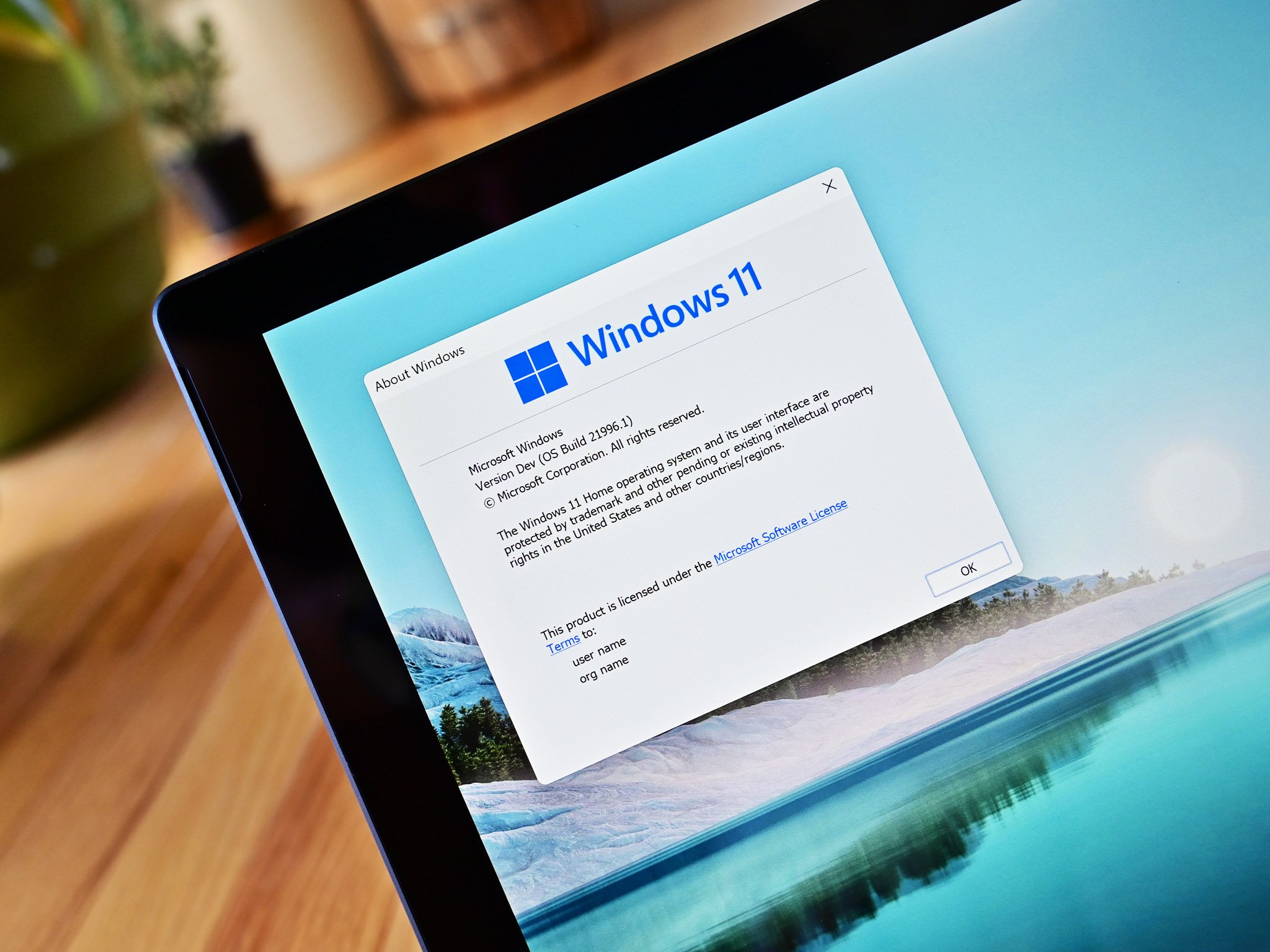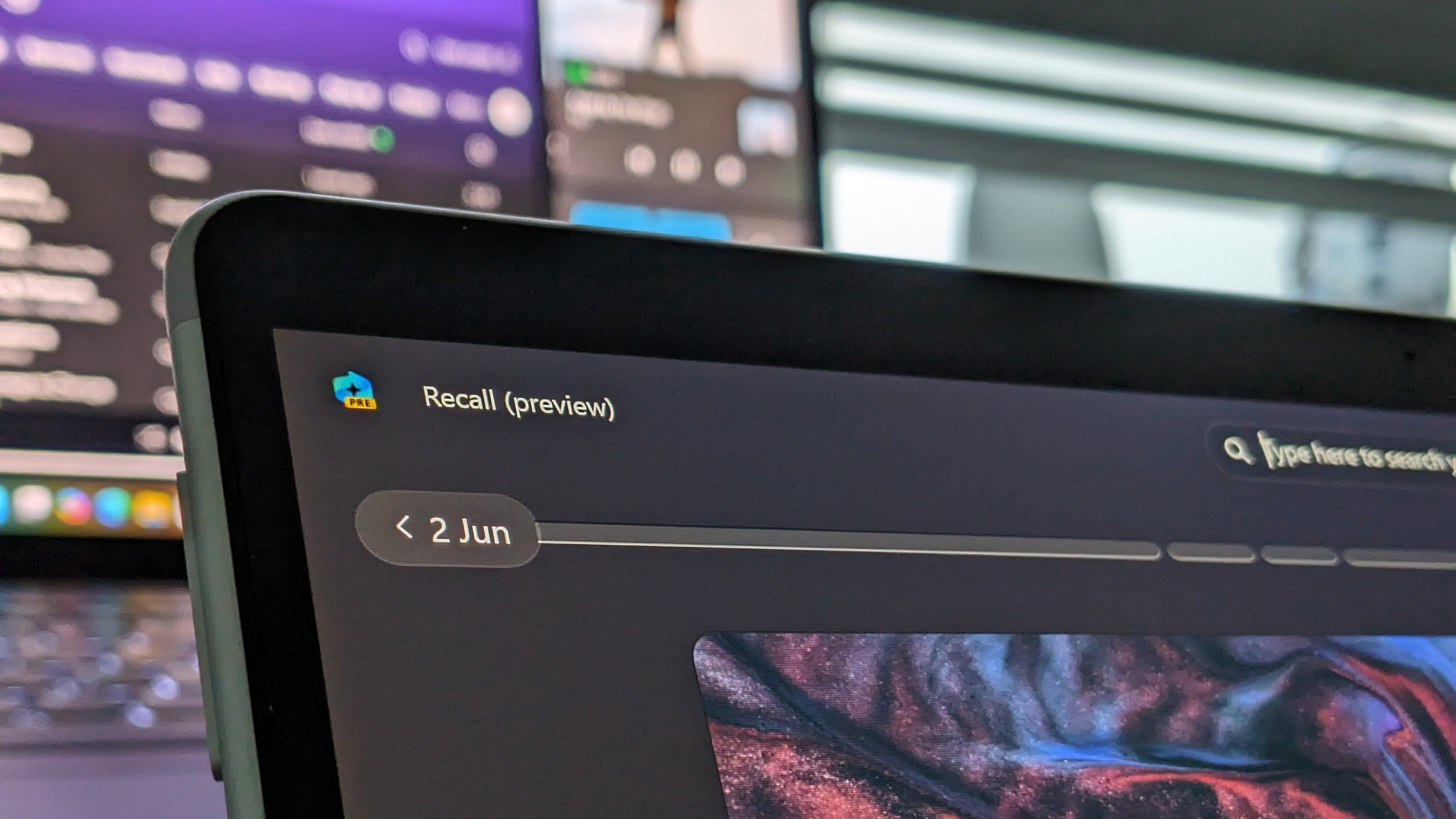
What you need to know
- Windows 11 is gaining traction among users and is on the verge of controlling 30% of the market share.
- Windows 10 continues to dominate the market share with 66.1% despite its inevitable end-of-support date slated for October 14, 2025.
- PC shipments are projected to grow by 8% by 2025 due to Windows 10s death and AI PC hype.
As the Stone Age story goes, Windows 10 continues to dominate the market share over Windows 11 despite Microsoft's big AI push. Windows 11 shipped in October 2021, but users are still clinging to Windows 10.
However, Statcounter's latest report suggests a slight upward trajectory for Windows 11 — with 29.7% of the market share. Windows 10 continues to dominate the category with 66.1%. In March, Windows 10 had more than double the market share of Windows 11, and the situation didn't seem like it would change.
Could Microsoft's aggressive and annoying ad campaigns designed to get users to upgrade to Windows 11 finally be working? Windows 11's market share has struggled for a long minute due to Microsoft's stringent system requirements for the operating system.
Microsoft is set to cut support for Windows 10 on October 14, 2025. Despite pleas and petitions from concerned parties to offer an extension, Microsoft is seemingly tone-deaf and hell-bent on seeing its decision through.
READ MORE: Microsoft extends Windows 10 users a lifeline beyond 2025 but at an exorbitant price
Public Interest Research Group (PIRG) says Windows 10s end-of-support could lead to "the single biggest jump in junked computers ever." The group claims this will hurt Microsoft's sustainability goals and achievements.
Rolling back to the sophisticated Windows 11 hardware requirements, Microsoft's new next-gen AI features won't ship to all Windows 11 users. You'll need a Copilot+ PC to access Live Captions, Windows Studio Effects, Auto Super Resolution, and more. The Redmond giant recalled its controversial Windows Recall feature after several privacy nightmares.
It's not just the hardware requirements..

Over the past few years, users have blatantly expressed their reservations about Windows 11. Most have attributed their reluctance to upgrade to Windows 11 from Windows 10 to design flaws and the operating system's bloated nature.
A former Microsoft Senior Software Engineer indicated the Start menu's performance is comically bad, despite using a sophisticated $1,600 PC that meets Windows 11's stringent minimum requirements. This might explain why third-party alternatives for Windows apps like Stardock's Start11 are increasingly becoming popular among users. A recent update for the app added rounded corners to Windows 11's taskbar — making the OS look like the next version of Windows.
RELATED: The state of Windows as 2023 ends
Microsoft's big focus on AI isn't making the situation any better. A recent study claimed AI might be a fad as no one uses AI tools. This is consistent with a survey conducted on Windows Central's website. More than half of our polled readers voted that they never use Copilot, despite Microsoft's determination to integrate Copilot across Windows 11's ecosystem.
The company's decision to ship its new flagship AI features exclusively to Copilot+ PCs might hurt Windows 11's adoption and growth. AI PCs aren't exactly what most would term "cost-friendly." The COVID-19 pandemic placed most people in a tough economic situation, with most users choosing to stick to their old devices due to purchasing power limitations.
That said, PC shipments are on an upward trajectory, with market analysts predicting an 8% growth by 2025. They attributed this trend to the emergence of AI PCs and Windows 10's imminent death. Still, users with no interest in AI capabilities on their PCs can get conventional PCs that support Windows 11 and its basic features.







